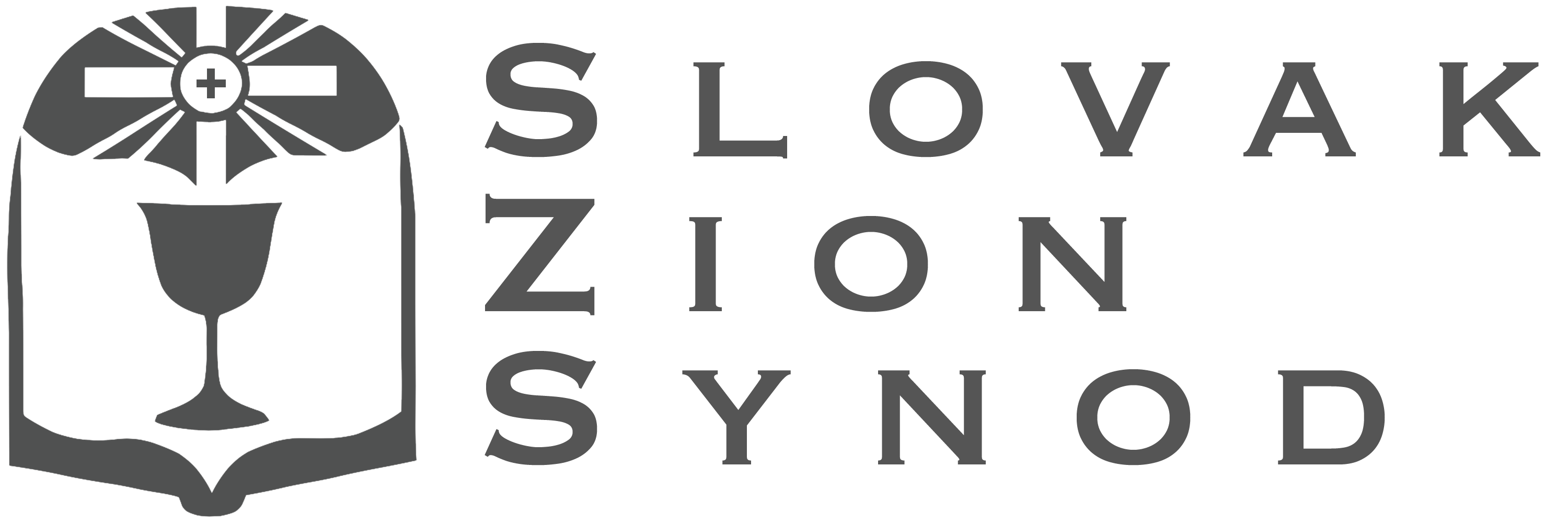 TORRINGTON, CONN (SZS) — For several years, staff members of the Institute for Ecumenical Research in Strasbourg have taught the two-week Studying Luther in Wittenberg program every November, which gathers Lutheran pastors from all over the world. The Institute, an affiliate of the Lutheran World Federation, is dedicated to exploring the ecumenical commitments of Lutheran Churches since 1965. This program has been an eye-opening and inspiring experience to see how the writings of a sixteenth-century reformer can still speak so powerfully to people half a millennium later—and not just in the old territory of Christendom, but all around the world. More than once we find ourselves asking how to carry this amazing experience of carefully reading Luther’s theology into a global setting and a bigger audience.
TORRINGTON, CONN (SZS) — For several years, staff members of the Institute for Ecumenical Research in Strasbourg have taught the two-week Studying Luther in Wittenberg program every November, which gathers Lutheran pastors from all over the world. The Institute, an affiliate of the Lutheran World Federation, is dedicated to exploring the ecumenical commitments of Lutheran Churches since 1965. This program has been an eye-opening and inspiring experience to see how the writings of a sixteenth-century reformer can still speak so powerfully to people half a millennium later—and not just in the old territory of Christendom, but all around the world. More than once we find ourselves asking how to carry this amazing experience of carefully reading Luther’s theology into a global setting and a bigger audience.
As we approach the 500th anniversary of the posting of the Ninety-Five Theses on October 31, 2017, Martin Luther is going to be a hot topic of conversation and debate among Lutherans, other Christians, and the media. While it is difficult to bring every person interested in Luther from around the world to Wittenberg, we can facilitate the very same teachings and discussion using the internet as a digital conduit: You are invited to join the Luther Reading Challenge, a new initiative of the Strasbourg Institute, designed to foster international, cross-confessional conversation about Martin Luther, as part of the preparations for the forthcoming 500th Anniversary of the Reformation.
From now until October 2017, the Luther Reading Challenge will be featuring various writings of Luther’s online—starting with the 95 Theses and including his pastoral and spiritual writings, portions of his biblical commentaries, his Catechisms, his will and his hymns. While it may not be possible to avoid polemical or controversial elements, the focus is on Luther as a teacher and preacher of the Christian faith. Too often theology is taught with reference to enemies; our hope is to present here a Luther that is for the whole church. But the reading part is just the beginning: Readers are able to participate in online discussions. Luther’s writings will give rise to a broad conversation about what they meant then, and what they mean for us now. And the scope will be truly global: while all the texts will be offered in English, international partners will also be making parts of Luther available in Hungarian, Chinese, and Portuguese, to name just a few languages.
To participate in the Challenge, simply visit the site: www.lutherreadingchallenge.org and sign up for a free account. Each text begins with a brief introduction, explaining the context and the key points. Readers can add their comments and questions on the righthand side of the page. New features will be added as the conversation continues to evolve. We encourage you to take advantage of this resource, join in on the conversation already over 1,500 people strong, and brush up on your Luther by 2017.



You must be logged in to post a comment.